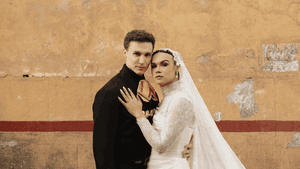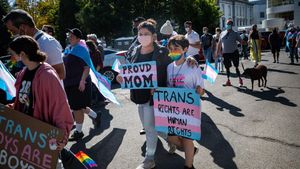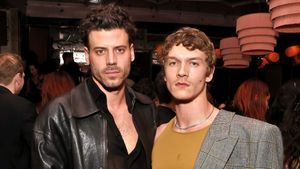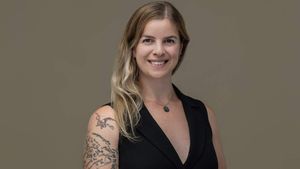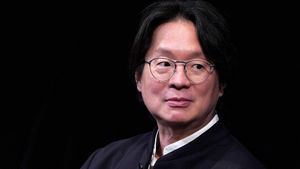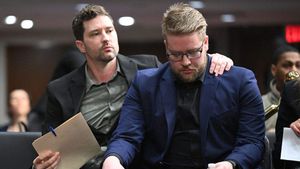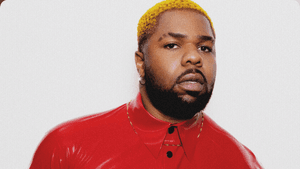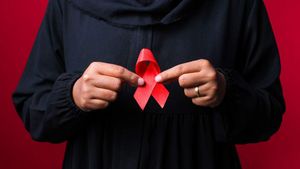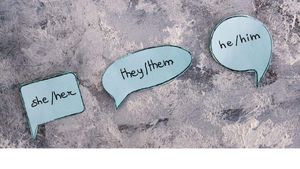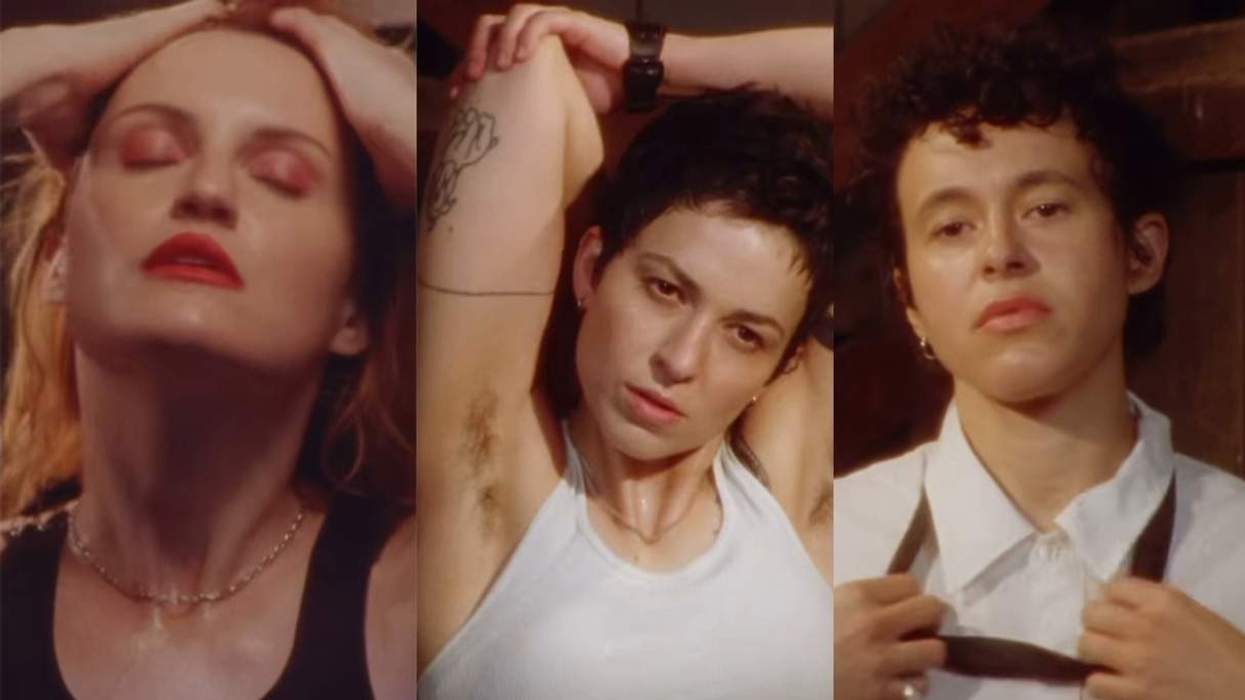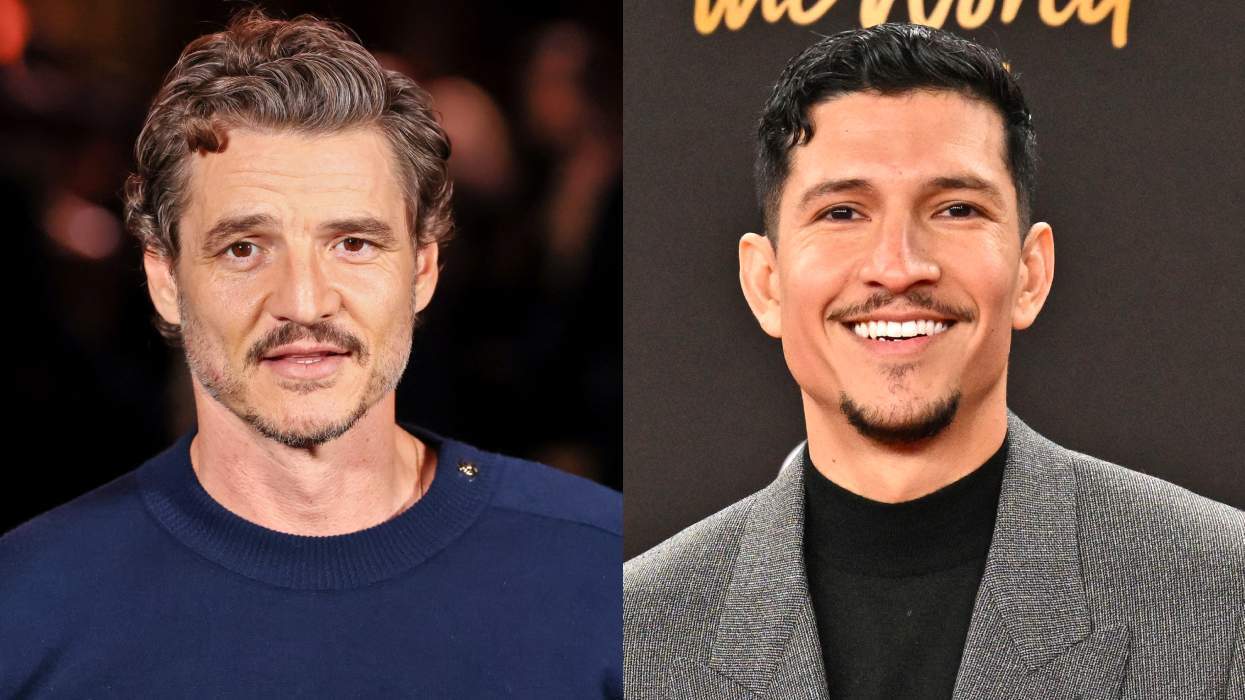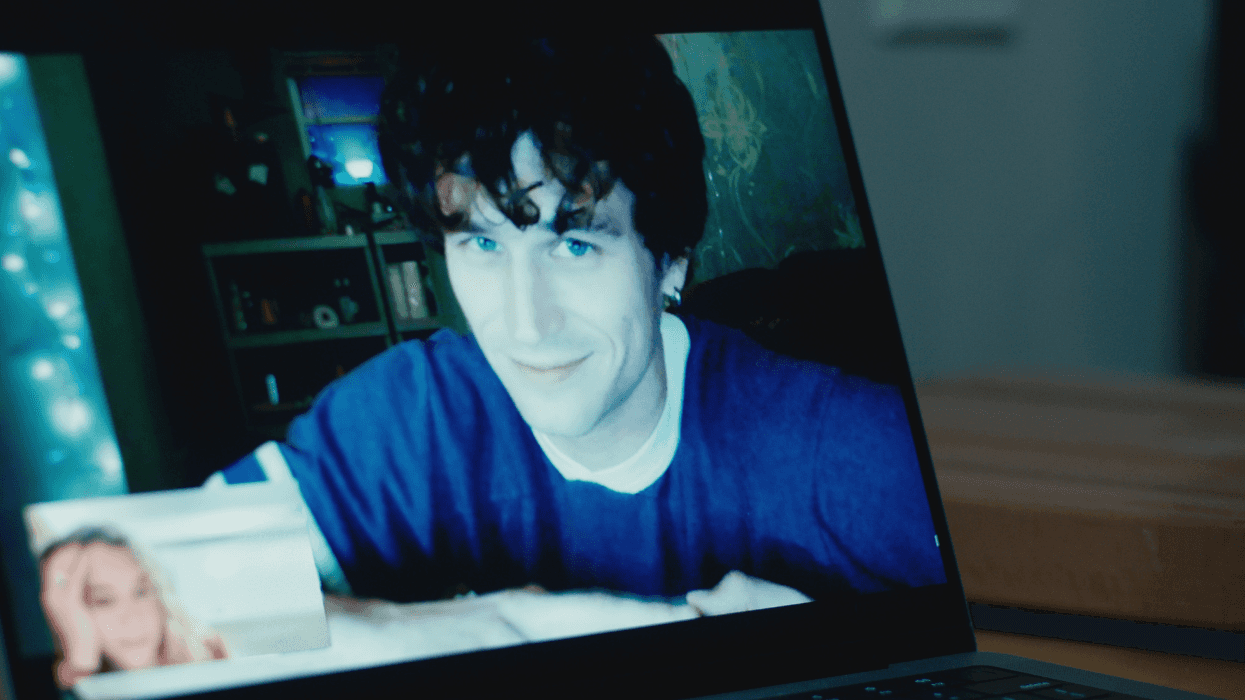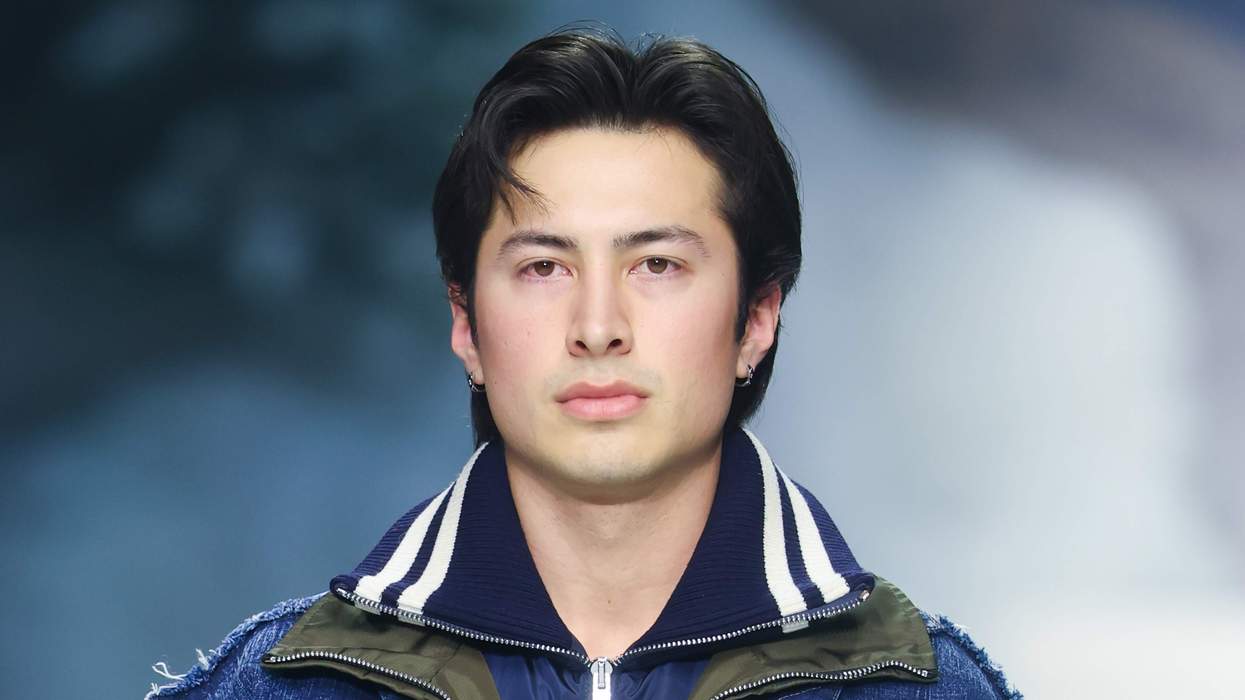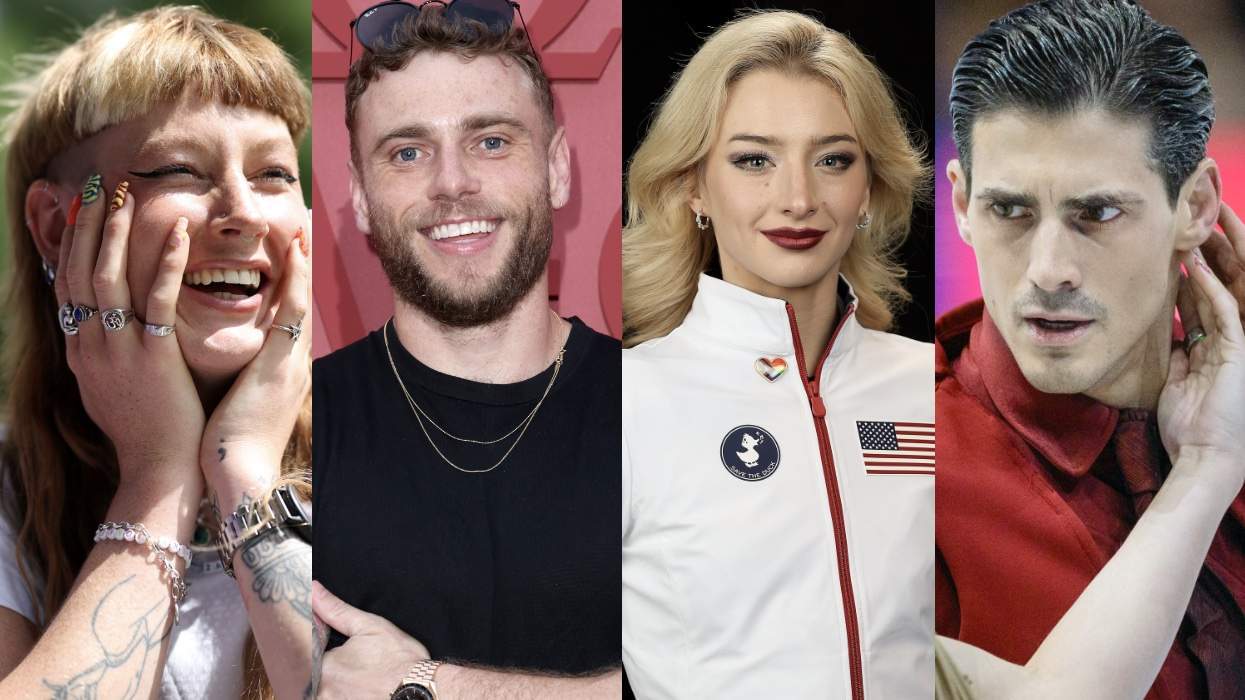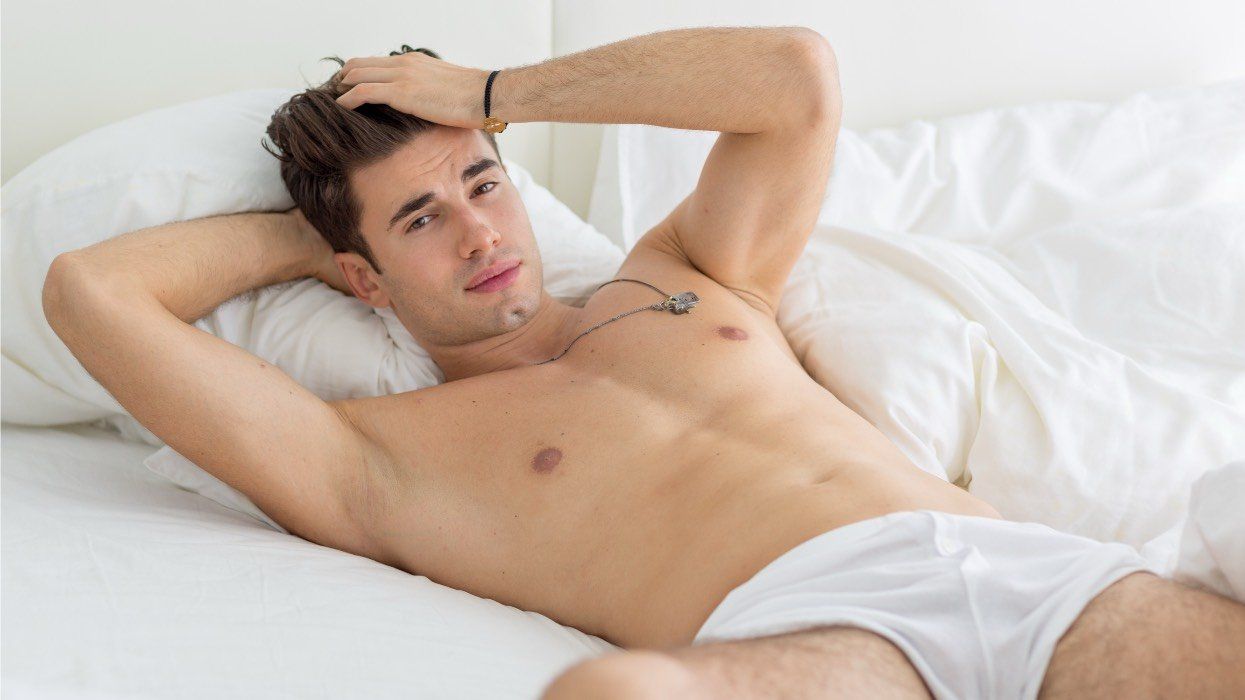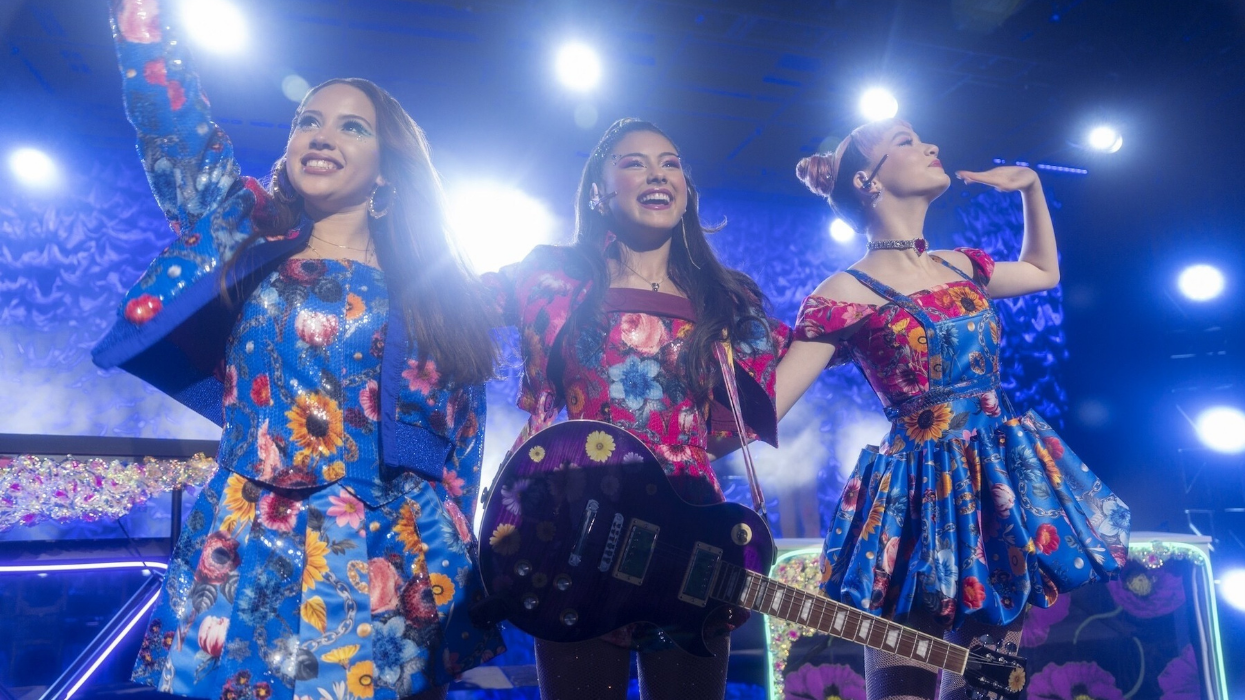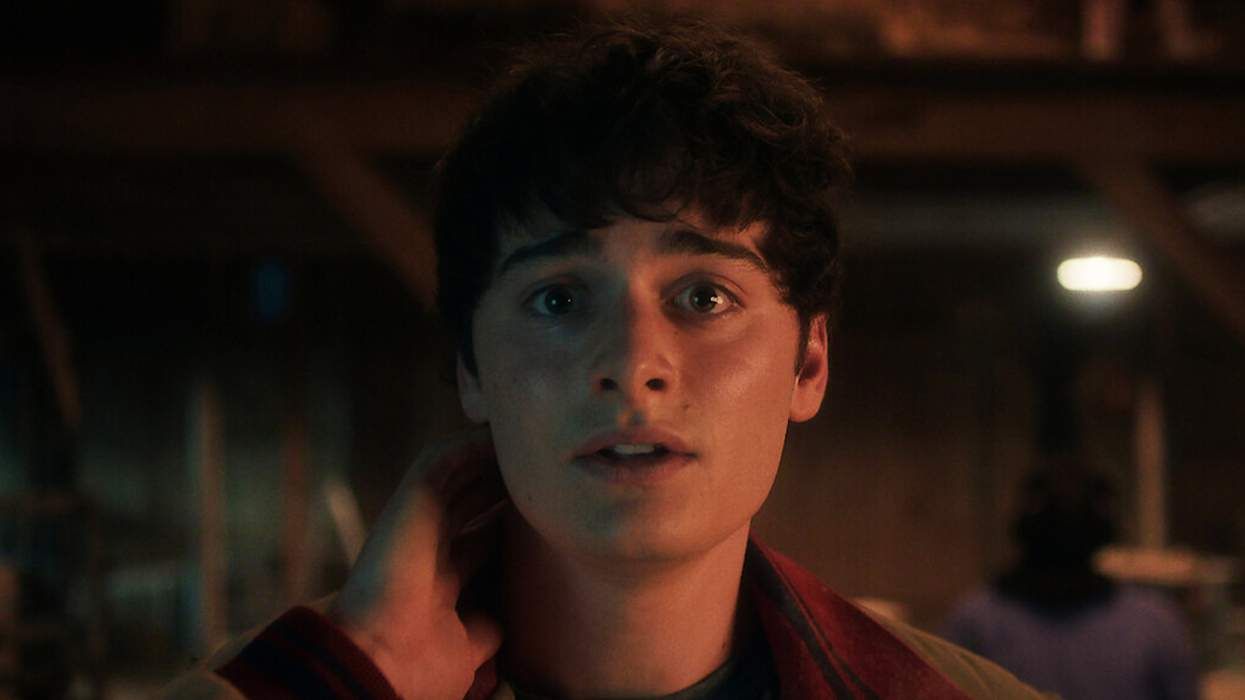My wife Sarah stretches her legs out in the passenger seat. My hands are on the wheel, watching the road ahead. But out of the corner of my eye, I notice she’s wearing the same leggings I have on. I take a frustrated exhale. We tried to avoid buying the same clothes, but when she tried on and fell in love with my new faux leather leggings, she sought my reluctant permission to order her pair.
My eyes shift from the road to take her in fully now, moving from the leggings to her beige sweatshirt, similar to the one I am wearing. I cringe at the way we look, and, in a jolting instinct, I verbalize my reaction.
“Sar,” I snap at her almost involuntarily. “We’re dressed the same…” I soften my tone to play it cool, trying and failing to mask this ridiculous gut reaction. Sarah gives me a dispirited glance, disappointed in my inability to resolve this issue.
This scene, my loud disappointment in us dressing too similarly, plays out frequently.
“Listen,” she starts, “You look great. I’m flattered to look like you. I don’t know why this bothers you so much.” This is her usual argument, even though she knows why it bothers me.
Sarah understands the root of my instinct. The way I loathe when people tell us we look alike; the way it feels constant. My complaint is loaded with years of frustration from people asking us if we are sisters. We get it in bars, movies, pharmacies, and coffee shops. My instinct is the resentment I hold for being robbed of some validity that other couples receive in the world—the frustration of constantly explaining ourselves.
“I hate being mistaken for sisters, and the least we can do is dress differently,” I defend myself. Sarah looks at me sympathetically and shrugs her shoulders, unbothered.
I’ve thought long and hard about why people ask if we’re sisters. Sure, we are both short with dark hair and similar features. Still, many of my friends also fall into this physical category, and we are rarely mistaken as sisters.
My best guess is that our connection is palpable, indicating something beyond friendship. But since we’re two feminine women who “look straight"—at least, what society assumes “straight” looks like—people can’t quite put their finger on it. They can sense something more profound than friendship between us, but queerness isn’t assumed.
The presumption came to us a few months back at a bar in New Hampshire. We were waiting for our drinks when an older man, chugging beers and watching Sunday football, started a casual conversation with us. The exchanges were light and pleasant enough. Then it came.
“So, what are you girls, sisters?”
When Sarah and I say we’re married, we are often politicized.
As I process his question, my mind speeds up and starts calculating. I don’t know him, but I feel like I do. He seems like a guy who would enjoy a seat at my Nana’s table next to her Donald Trump Chia Pet. A type of guy who would share stories about the “good ol’ days” and resent being asked his pronouns at the doctor’s office. I judge him as someone who is likely resisting the growing pains of modern society and wants to preserve the simplicity of a former time.
Of course, these are assumptions. This man may not be as homophobic or politically charged as I anticipated. I am conscious of my own judgment in the world and my assessment of this person based on his presentation. I know I am unfairly judging him within the same confines I struggle to be liberated from. But I am hyper-vigilant as a form of self-protection.
“Nope!” Sarah responds, careful not to elaborate further. We don’t need to meet eyes to understand our approach— I am deeply grateful for that. We both know the drill in these situations: avoidance.
The sister question opens yet another moment of having to be the example that disentangles heteronormativity. Of having to surprise people that we’re not straight, possibly making them uncomfortable. We avoid it for the sake of our comfort and enjoy a drink at this bar without having to risk any animosity. We also share the understanding that unless we feel at risk because of the intersection of our gender and sexuality, we won’t go as far as to lie.
We refuse to go back to the old line of identifying our partner as a friend—something almost every queer person has gone through in their early dating days. Coming out as a married couple immediately politicizes us when we’re not always in the mood to be political.
This is why politics is personal—because we live it.
We also recognize that this question can often be a harmless bid for connection. Sarah and I are very outgoing, and the question usually comes after having great conversations with strangers. Nevertheless, we must constantly assess the situation, considering if we feel comfortable revealing ourselves. It’s like re-coming out to people all the time.
My resentment around the sister question is toward society and large power structures in general—rarely toward individuals asking us the question. Sometimes, the resentment is about myself and how I still feel discomfort about my partnership in certain contexts.
We have to release the clasps of our hands when walking by a group of men to avoid unwanted attention. We assure contractors that our husbands will be home from work later. We smile and tell AirBnb hosts in less tolerant countries that we’re friends. Some of this is common self-protection as women, and much of it is self-protection as two women who are married and can be easily politicized, sexualized, or threaten others' morals.
But there’s also some shame. Where we can easily hide our queerness through the guise of “just friends” for safety, it can, at times, also feel like a betrayal of our truth.
I wonder what my life would be like if I didn’t fit neatly into a heteronormative society if I wasn’t a palatable lesbian who, at most, made men feel intimidated or uncomfortable. I wonder about the ways my camouflaging has chipped away at my self-worth. Every time I let my hand fall out of my partner’s in the name of safety, I also stifle a bit of self-respect.
Safety comes at a high cost, and I pay for it often. Yet safety isn’t afforded to many people, not even those who live their truth, despite society's discomfort, and it is usually dangerous for them. As anti-LGBTQ+ legislation continues to gain traction, I wonder about my responsibility as someone within the community and as a citizen in this society at large. Should I surrender my safety in the name of solidarity?
While working on surrendering my comfort in certain situations, I’m not quite ready to sacrifice my safety. I can’t imagine that we exist to be an example constantly. Safety—as a woman and as a queer person—feels too precious. Too crucial. And we need to be here, alive, to continue advocating for change. Doing what we can while feeling safe.
That means having conversations with friends and family about the LGBTQ+ experience and the gravity of the threats facing our community. It means taking action in the ballot box and supporting organizations that work to protect LGBTQ+ people in states where they are most at risk. And it means moving through discomfort to show the expansiveness of the queer community through the love of two feminine women. Because when some of us are at risk, all of us are at risk.
Even if we look like sisters.
Janine Guarino is a freelance writer with a background in social impact marketing and community-led development. She is currently working on a memoir about her experience as a queer femme in the context of her tight-knit, Italian-American community in Boston. You can find Janine in a dance class, doing yoga, or caring for her plant babies with her wife, Sarah, when she's not writing. You can read more of Janine’s work on her Medium blog and connect with her on LinkedIn and Instagram.
Have an inspiring personal story to tell? Want to share an opinion on an issue? Learn more by visiting pride.com/submit.





